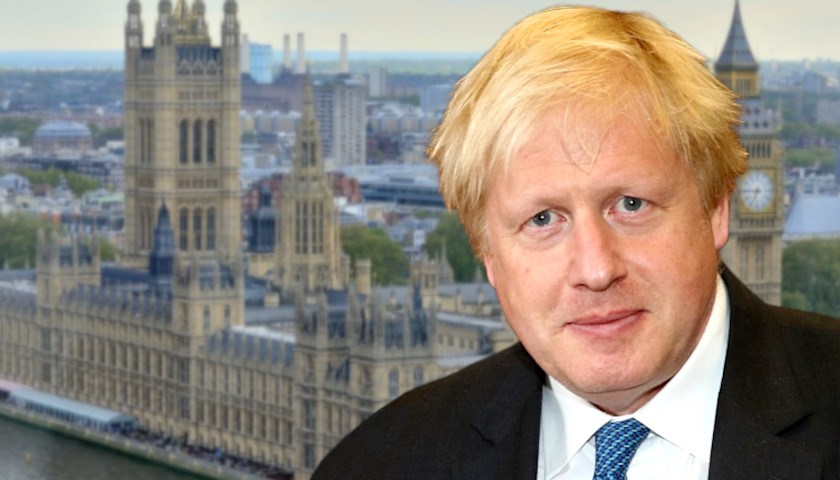by Eric Lendrum
In the United Kingdom’s general election, the Conservative Party has reclaimed a working majority by an even larger margin than most predictions and opinion polls expected, as reported by The Guardian.
While pre-election polls consistently gave an edge to the Conservatives, or “Tories,” ever since the former Mayor of London Boris Johnson became Prime Minister, the official exit poll on the night of the election stunned observers with a projection of an even larger Tory landslide of 368 seats. The House of Commons, the UK’s main legislative body, consists of 650 seats, of which 326 are needed for a majority.
As the night progressed, the results confirmed the exit poll’s prediction, which amounted to a Tory landslide not seen since Margaret Thatcher led the party to victory in 1987. By contrast, the opposing Labour Party, led by Jeremy Corbyn, suffered its worst defeat since 1935. The Tories ultimately picked up 66 seats from their previous total of 298, for a final seat total of 364. Labour lost 42 seats for a new total of 203.
These results were in stark contrast to the most recent election in 2017, where the Tories, then under Theresa May’s leadership, suffered a stunning defeat despite the polls projecting a Conservative landslide, with Labour making gains that put the party just outside the threshold of power. The Conservatives limped forward with a narrow working majority that eventually collapsed after May’s resignation and Johnson’s rise to power, thus necessitating the second general election in as many years, and the first December election since 1923.
At the heart of the campaign was Brexit, the process of the United Kingdom’s withdrawal from the European Union after 52 percent of the country’s voting population chose to leave the bloc in the 2016 referendum. The efforts to roll out the actual withdrawal have thrown the UK into political turmoil, including the resignation of two Conservative prime ministers, David Cameron and Theresa May, who both supported the “Remain” option. Johnson campaigned for “Leave,” and based his 2019 campaign heavily on the promise to “Get Brexit done,” with a deal that he had secured with the EU earlier this year but failed to pass through the previous hung Parliament.
Labour under Corbyn’s leadership failed to stake out a concrete position on Brexit, even as a significant portion of working-class Labour voters supported leaving the EU; Corbyn himself came under fire for allegations of anti-Semitism, as well as his connections to domestic terrorists, including former members of the IRA.
As a result, the pro-Brexit Conservatives made significant gains in former Labour seats that voted to Leave, particularly in working-class areas in the Northeast of England that had been known as Labour’s “red wall.” Among the seats that Labour lost to the Tories were seats consistently held by Labour since the 1950s and the 1970s, as well as the seat of former Prime Minister Tony Blair in Sedgefield.
In addition, the far-left Liberal Democrats, who had openly campaigned on overturning the results of the Brexit referendum and staying in the EU, lost 10 seats for a new total of just 11 seats overall. The party’s leader, Jo Swinson, lost her seat in East Dunbartonshire. Both Labour and the Liberal Democrats also suffered heavy losses in the largely pro-Remain Scotland, where many of their seats were swept by the left-wing Scottish National Party, which also campaigned against Brexit and has vowed for another referendum on Scottish independence in the event that Prime Minister Johnson delivers Brexit.
Following the results, Corbyn announced his resignation as leader of the Labour Party. SNP leader Nicola Sturgeon reiterated her calls for a second Scottish independence referendum once Brexit is finalized. Prime Minister Johnson declared that the Conservatives, now viewed as a “one nation Conservative Party,” had been given a “historic mandate” to deliver Brexit.
– – –
Eric Lendrum graduated from the University of California, Santa Barbara, where he was the Secretary of the College Republicans and the founding chairman of the school’s Young Americans for Freedom chapter. He has interned for Young America’s Foundation, the Heritage Foundation, and the White House, and has worked for numerous campaigns including the 2018 re-election of Congressman Devin Nunes (CA-22).
Photo “Boris Johnson” by Boris Johnson.




